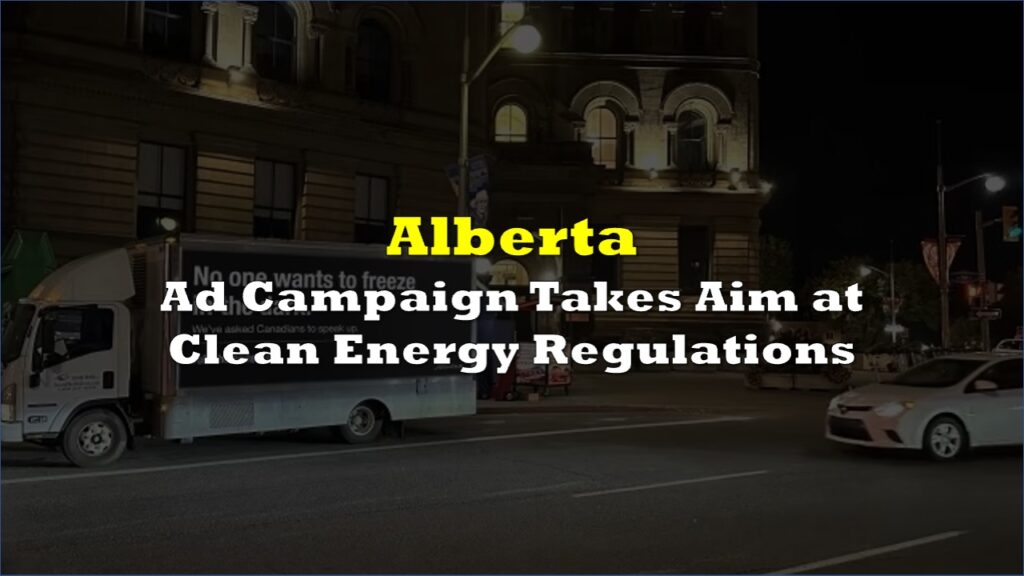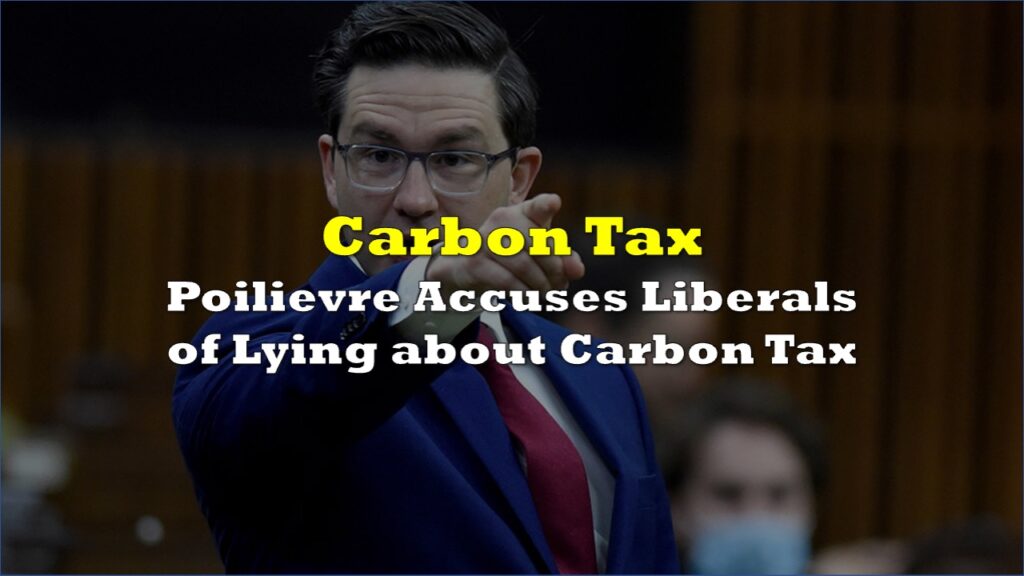Federal Environment Minister Steven Guilbeault announced that Saskatchewan’s coal-fired power plants would be illegal after 2030 unless carbon capture technologies are put in place. This statement comes amidst the ongoing jurisdictional tussle over climate policy between the federal and provincial governments in Canada.
The Liberal government’s latest climate plan envisions emission-free electricity by 2035, and plans to announce further regulations that will supposedly meet that that target sometime before the end of 2023. A draft policy outlines that all electricity will need to be carbon-neutral by 2035, achieved through sources like hydroelectricity, nuclear, wind or solar, or mitigated via methods such as carbon capture and storage systems.
A proposition allows some pre-regulation natural gas plants to operate post-2035 for an unspecified period. However, federal regulations concerning coal plants, already enforced since 2018, are much more stringent. These regulations mandate that all coal-reliant power plants must either shutter operations, convert to natural gas, or integrate carbon-capture before 2029.
Saskatchewan Premier Scott Moe argued that complying with federal rules would jeopardize affordable electricity in his province. Rather, he recommends a 2050 deadline for a clean electricity target, with plans keep the province’s three coal plants in use until their life expectancy ends, implying they would continue beyond the 2030 phase-out date.
Saskatchewan’s plan for affordable, reliable power generation may require coal-fired generation beyond 2030.
— Scott Moe (@PremierScottMoe) May 18, 2023
Steven Guilbeault says that would be illegal.
Here’s my response to that. pic.twitter.com/IDMRIi3qxM
Guilbeault, meanwhile, argued that coal regulations fall under the Canadian Environmental Protection Act (CEPA) and non-compliance would be a criminal offence. The environment minister also boasted that there’s an increasing interest among companies to invest in regions with clean power sources, highlighting Volkswagen’s decision to establish a new electric-vehicle battery plant in Ontario, driven by the province’s ample clean electricity.
The Liberals are insane. China will produce more carbon in 8 years than Canada will produce for 200 hundred years in the future.
— Liberals are the Problem (@LanceNadeau3) May 18, 2023
Environment Minister Steven Guilbeault yesterday threatened criminal sanctions against coal-burning provinces that fail to comply with climate change…
What he failed to mention, however, is that Volkswagen’s decision to ultimately make Ontario the home of its new North American EV battery plant was influenced by a whopping $13.7 billion in subsidies from Prime Minister Justin Trudeau and Finance Minister Chrystia Freeland, as well as an additional $500 million from the Ontario provincial government.
Global EV maker Stellantis, meanwhile, decided to indefinitely halt construction at its planned $5 billion EV battery manufacturing facility in Windsor Ontario, citing lack of financial commitment from the Liberal government. “The Canadian Government has not delivered on what was agreed to therefore Stellantis and LG Energy Solution will begin implementing their contingency plans,” the company said in a statement earlier this week.
Guilbeault went on to emphasized the necessity to decarbonize the grid for Canada to be competitive in the 21st-century economy, framing it as an issue of long-term job security and reliability for Canadians. He stated no one wants a dysfunctional grid. Canada has already significantly reduced emissions from power generation between 2005 and 2021, with hydroelectricity accounting for nearly two-thirds of the country’s total electricity.
However, Alberta and Saskatchewan continue to rely significantly on coal and gas for electricity, with Alberta deriving 30% and Saskatchewan 40% of their electricity from coal, and 54% and 44% from gas, respectively. These provinces have frequently argued the Liberals’ stringent clean energy targets, particularly concerning Ottawa’s authority to enforce a national minimum price on carbon pollution.
Information for this briefing was found via the Canadian Press and the sources mentioned. The author has no securities or affiliations related to this organization. Not a recommendation to buy or sell. Always do additional research and consult a professional before purchasing a security. The author holds no licenses.









